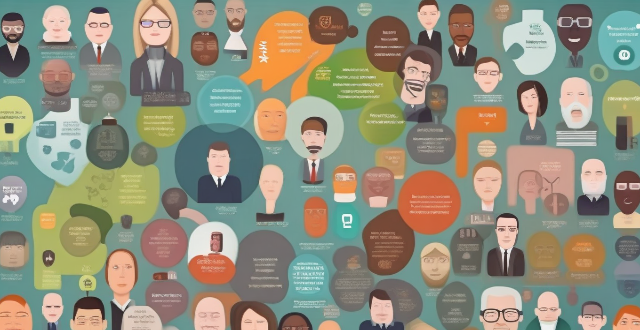Developing countries face challenges in adopting climate-smart technology, including lack of financial resources, limited access to technology, inadequate legal and policy frameworks, limited human capacity, insufficient infrastructure, and cultural barriers. These challenges can hinder the adoption and implementation of climate-smart technology on a large scale, limiting their ability to address climate change effectively.

Challenges Faced by Developing Countries in Adopting Climate-Smart Technology
Lack of Financial Resources
One of the biggest challenges faced by developing countries is the lack of financial resources. The cost of implementing climate-smart technology can be high, and many developing countries do not have the necessary funds to invest in such technologies. This can lead to a delay in adopting these technologies, which can have negative consequences for the environment and the economy.
Limited Access to Technology
Another challenge faced by developing countries is limited access to technology. Many of these countries do not have the infrastructure or expertise needed to develop and implement climate-smart technology. This can make it difficult for them to adopt these technologies on a large scale, which can limit their ability to address climate change effectively.
Inadequate Legal and Policy Frameworks
Inadequate legal and policy frameworks can also pose a challenge for developing countries looking to adopt climate-smart technology. Many of these countries lack the necessary regulations and policies to support the adoption of these technologies. This can make it difficult for them to create an environment that encourages investment in climate-smart technology and promotes its use across various sectors.
Limited Human Capacity
Limited human capacity is another challenge faced by developing countries when it comes to adopting climate-smart technology. Many of these countries lack the skilled workforce needed to develop, implement, and maintain these technologies. This can lead to a shortage of experts in this field, which can hinder the adoption and implementation of climate-smart technology.
Insufficient Infrastructure
Insufficient infrastructure is another challenge faced by developing countries when it comes to adopting climate-smart technology. Many of these countries lack the necessary infrastructure needed to support the development and implementation of these technologies. This can include things like power grids, transportation systems, and communication networks. Without adequate infrastructure, it can be difficult for developing countries to adopt and implement climate-smart technology on a large scale.
Cultural Barriers
Cultural barriers can also pose a challenge for developing countries looking to adopt climate-smart technology. Many of these countries have cultural beliefs and practices that may be at odds with the adoption of new technologies. For example, some communities may view certain types of renewable energy as being against their religious or cultural beliefs. This can make it difficult for developing countries to adopt certain types of climate-smart technology, even if they are available and affordable.